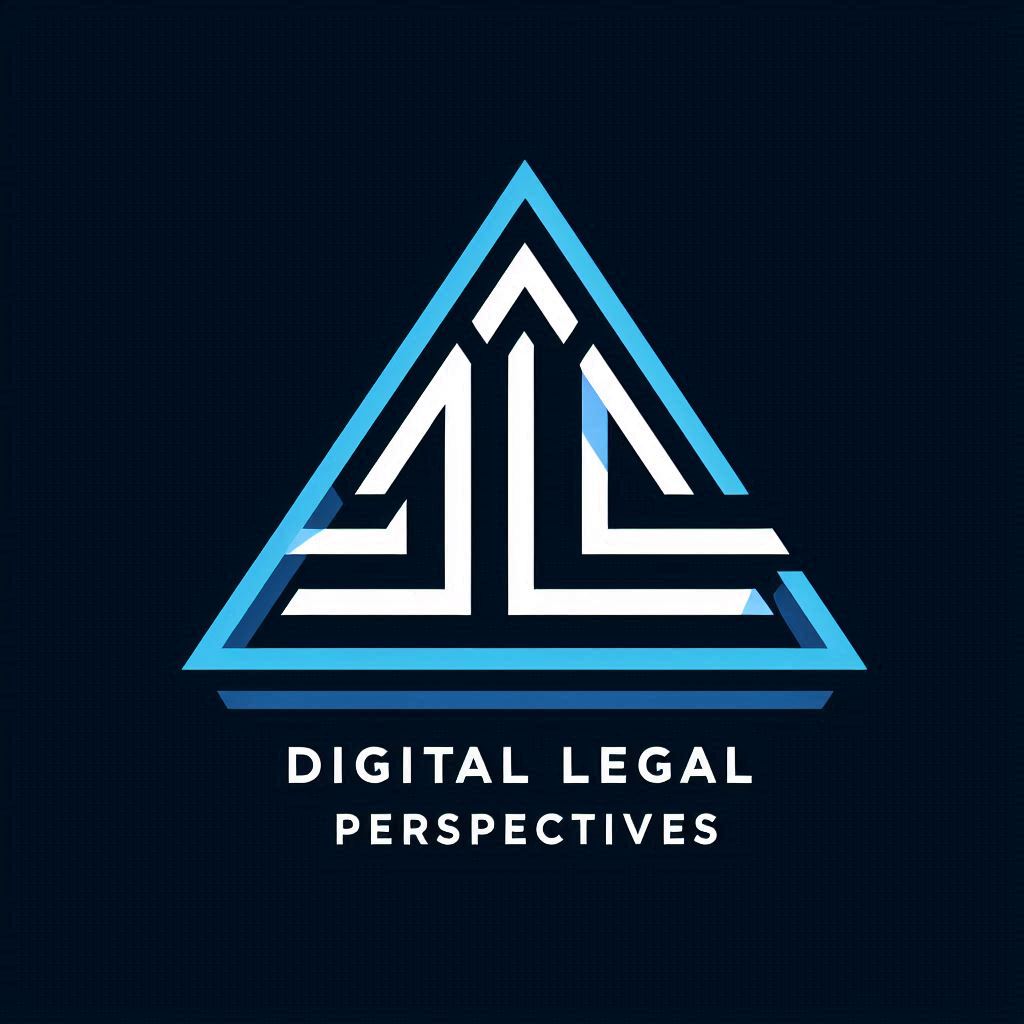In the hallowed halls of academia, where knowledge blooms and futures take shape, a delicate dance unfolds—one that waltzes between academic rigor and unwavering ethical conduct. Recent legal cases have thrust this delicate balance into the spotlight, urging universities to reevaluate their policies, practices, and the very essence of scholarly pursuit. Let us explore these complexities and draw valuable lessons from the legal battles that shape our educational institutions.
You may also be interested to read:
- Former USC Student Sues Tenured Marshall Professor and University for Sexual Assault and Discrimination
- Understanding the C.W. Park USC Lawsuit: Comprehensive Guide
- Recent Legal Cases on Academic Integrity
1. Contract Cheating and Essay Mills: A Web of Concerns
- Issue: Contract cheating, where students outsource their assignments to third-party services (such as essay mills), has raised significant concerns.
- Implications: Universities find themselves grappling with how to address this issue while maintaining academic integrity.
- Considerations: Strategies include reviewing institutional policies, understanding student behavior, and revisiting assessment practices.
2. Research Misconduct and Retractions: The Case of Image Falsification
- Example Case: A graduate student in China had her research article retracted from the journal PLOS ONE due to image falsification, unauthorized co-authorship, and external entity involvement.
- Impact: Institutions must address research misconduct promptly to uphold academic standards.
3. AI and Academic Integrity: Navigating the Ethical Frontier
- Challenge: The use of artificial intelligence (AI) tools, such as AI-generated text, raises questions about academic integrity.
- Balance: Universities must encourage ethical and transparent AI use while guarding against misconduct. Educators need to adapt teaching methods to incorporate AI without compromising integrity.
Striking a Balance: Ensuring Academic Integrity
1. Clear Communication and Education: Illuminating the Path
- Value of Tasks: Clearly communicate the value of assignments to students. Explain how academic integrity contributes to their learning journey.
- Assessment Schedules: Share assessment schedules in advance to set expectations and reduce last-minute pressure.
2. Peer Awareness-Building: Learning from Each Other
- Encourage peer-to-peer discussions on academic integrity. Students can learn from each other’s experiences and reinforce ethical behavior.
3. Highlighting Risks: Consequences Matter
- Make students aware of both private and public risks associated with academic misconduct. Understanding consequences can deter unethical behavior.
4. Technology and Ethical Use: The AI Conundrum
- AI Integration: Embrace AI for personalized learning experiences but ensure its use aligns with academic integrity.
- Learning Process: Technology becomes a violation when it hinders learning. Universities must strike a balance between innovation and integrity.
5. Legal Frameworks and Accountability: A Collective Responsibility
- Foster an environment where AI is used responsibly. Balance automation with accountability to maintain academic standards.
Overall, these cases provide insights into the evolving landscape of higher learning. Policies will adapt, practices will evolve, and the standards by which we judge academic professionals will sharpen. Let us learn, adapt, and uphold the torch of integrity. Remember, in the pursuit of knowledge, integrity isn’t negotiable—it’s non-negotiable.
For more thought-provoking articles on legal perspectives, always visit Digital Legal Perspectives.

Leave a Reply